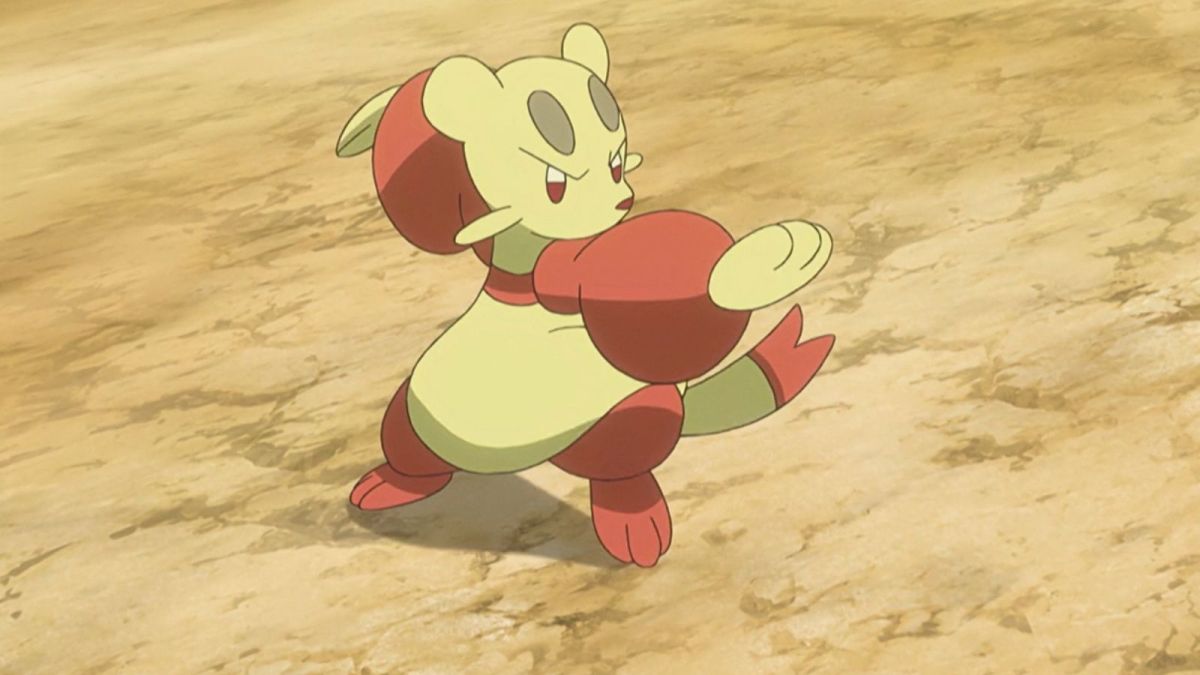Ukie, the trade association for the U.K.’s games, released 11 new Industry Principles about the use of loot boxes in video games on July 18—and this could affect Pokémon Go forever.
These 11 new recommendations were made by a Technical Working Group which was convened by the U.K.’s Department for Culture, Media, and Sport (DCMS) and included representatives from the video games industry, aiming to directly tackle the lack of transparency behind loot boxes in multiple games, not just Pokémon Go.
The 11 recommendations issued by Ukie are:
- Restrict a person under the age of 18 from buying a loot box without consent or knowledge of a parent, carer, or guardian.
- Drive awareness of and update of technological controls starting with a public information campaign in July.
- Form an expert panel on age assurance in the games industry. This group will work on developing and sharing best practices while engaging with regulators, players, parents, caregivers, and third-party organizations.
- Disclose to players that the game features loot boxes prior to them purchasing or downloading it.
- Disclose the exact probability of loot boxes with simple information that can be easily found before a player opens the loot boxes. Players should also be informed if the game is using their data when it comes to paid loot boxes.
- Loot boxes should promote fair and responsible play and be designed in a way that it’s easily understandable for players.
- Support the implementation of the Video Games Research Framework in order to “facilitate the creation of better quality, data-driven research into video games that adheres to the principles of open science” while respecting data privacy and confidentiality.
- Keep tackling the unauthorized external sale for real money of items that are part of loot boxes and keep investing in IP protection.
- Commit to lenient refund policies. People must be able to get a refund if a purchase of a loot box occurred without parental consent or knowledge.
- Employ protections for all players, providing them with information on how to play responsibly and how to manage their money spent on loot boxes.
- Work with the U.K. government and other relevant stakeholders to measure the effectiveness of the 10 principles above, following a “suitable implementation period of 12 months.”
Should Niantic follow the recommendations issued by Ukie, it would have to disclose the probability of paid loot boxes and the odds of getting a shiny Pokémon, for example.
These principles, however, are recommendations and Niantic is not exactly obliged to comply. This is an attempt from the U.K.’s games industry to self-regulate loot boxes without getting the government directly involved. A similar model of self-regulation has already been tested in Asia and failed.
The debacle of loot boxes in video games caught the eye of the U.K. government years ago, but the government hasn’t created laws for it yet. There’s a possibility the government will step in if the video game companies don’t follow the recommendations issued by Ukie.






Published: Jul 19, 2023 08:50 am